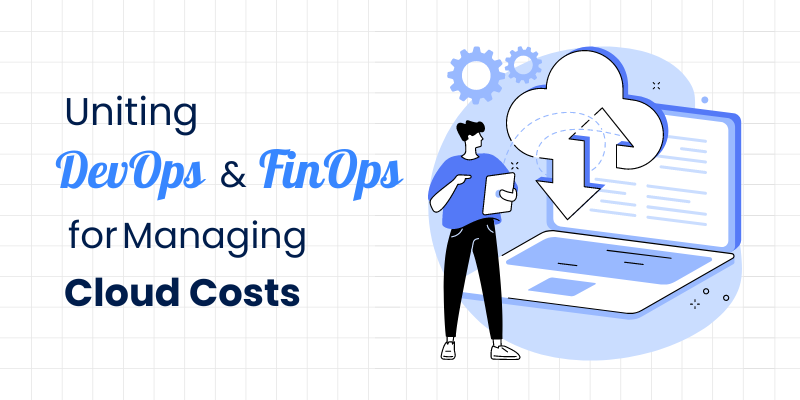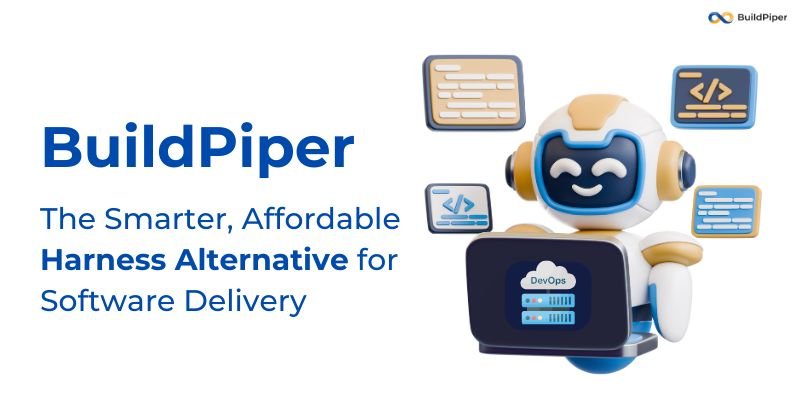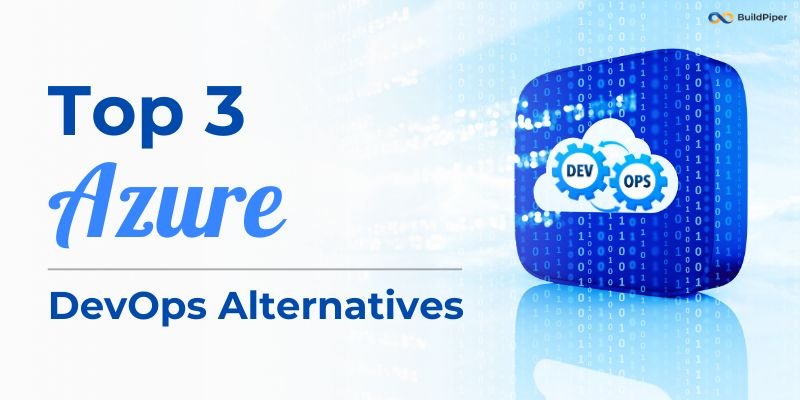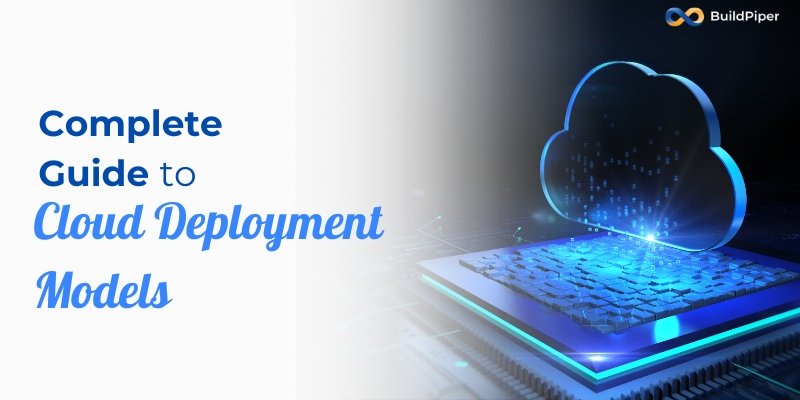In the transformational landscape of Cloud Computing, optimizing spending has always exerted pressure on businesses of any size. With the growing involvement of organizations in cloud computing, the efficient management of cloud costs becomes an evermore crucial task. In this blog, we’ll understand how cloud spending done based on collaboration between DevOps and FinOps practices can result in cost savings and good operational efficiency.
The Rise of Cloud Computing
One of the major technological innovations that have changed the way organizations operate over recent years is the rise of cloud computing. Cloud computing has brought about a complete transformation in the way businesses operate making rapid scaling, high flexibility and maintaining cost-effectiveness for them, unlike traditional on-premises solutions that struggle to keep up with the growing demand. On the other hand, the cloud services billing model has its drawbacks. For example, it can lead to uncontrolled costs if the users don’t handle it properly. Cloud consulting service providers can be hired to avoid cloud cost issues and control cloud costs.
The Role of DevOps
DevOps is a methodology that emphasizes collaboration and communication between software developers and IT operations teams. DevOps methodologies help to erase boundaries and optimize development to create an environment that allows quicker software delivery, without compromising on quality and reliability.
One of the imperative processes that DevOps inculcates is automation. An increased competency of DevOps resides in the existence of automating repetitive activities such as provisioning and deployment. This leads to a decrease in manual errors and improved efficiency. These automation techniques also include cloud resource management and cloud consulting, utilizing tools such as Infrastructure as Code (IaC) that make it possible for teams to conceptualize and set up cloud resources programmatically.
Introducing FinOps
FinOps, the abbreviated term for Financial Operations, is a relatively new field that is concerned with ensuring the financial resources in a cloud environment are being used optimally. The technical implementation of financial management using cloud technology is FinOps. It ensures an organization can achieve cost optimization without inhibiting performance or the necessary innovative processes.
FinOps techniques empower teams to evaluate and analyze their spending on the cloud. This involves determining consumption, recording expenditures and identifying the means of utilizing funds to reach the business objectives cost-effectively.
The Synergy of DevOps and FinOps
While DevOps for FinTech and FinOps may seem like separate domains, they share a common objective: optimizing outcomes through robotics and networking functions. Combining the advantages of cloud computing with cost-effectiveness, this synergy maximizes the benefits of cloud computing while minimizing costs.
Here are some ways in which DevOps and FinOps can work together:
- Cost-Aware Development: DevOps teams can bring cost considerations into the development process by using tools that provide insights into cost in real time. Being aware of what the consequences are of the code changes on the budget and expenses, will, in turn, guide product owners, developers and analysts into making more prudent decisions.
- Automated Resource Management: By implementing DevOps for Fintech practices such as infrastructures as a code (IaC), teams get the opportunity to automate the provisioning and management of cloud resources. By having an infrastructure as code, teams can eliminate any issues from the code, such as manual errors and inefficiencies, to ensure consistency and obtain more financial control.
- Continuous Optimization: CI/CD which is a DevOps philosophy is the same as continuous optimization in FinOps. By frequently tracking the cloud usage across departments and scrutinizing their expenses, it is possible to find out the possibilities of optimization and implement changes quickly.
- Collaborative Culture: There is a need for cooperation among DevOps and FinOps teams. By implementing a culture of collaboration, shared responsibility and opting for a reputed DevOps solution provider, enterprises can break down silos and ensure that everyone is aligned to achieve optimized cloud spending.
Summing it ALL
Nowadays, it is impossible to pursue success in cloud-driven business without the capability to optimize your expenditures. The use of DevOps together with FinOps methodology can make the business more effective on cost terms, whilst also remaining flexible and innovative. A DevOps solution provider can help in leveraging the benefits of DevOps. Through recognizing the benefits of collaboration, fostering automation and putting cost effectiveness on the first place, businesses can take advantage of cloud to the highest level while still controlling the costs.









